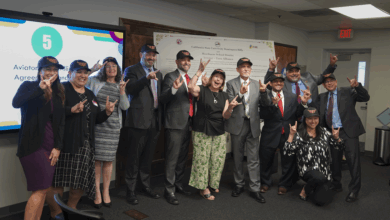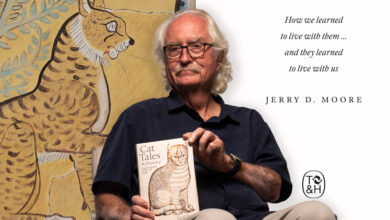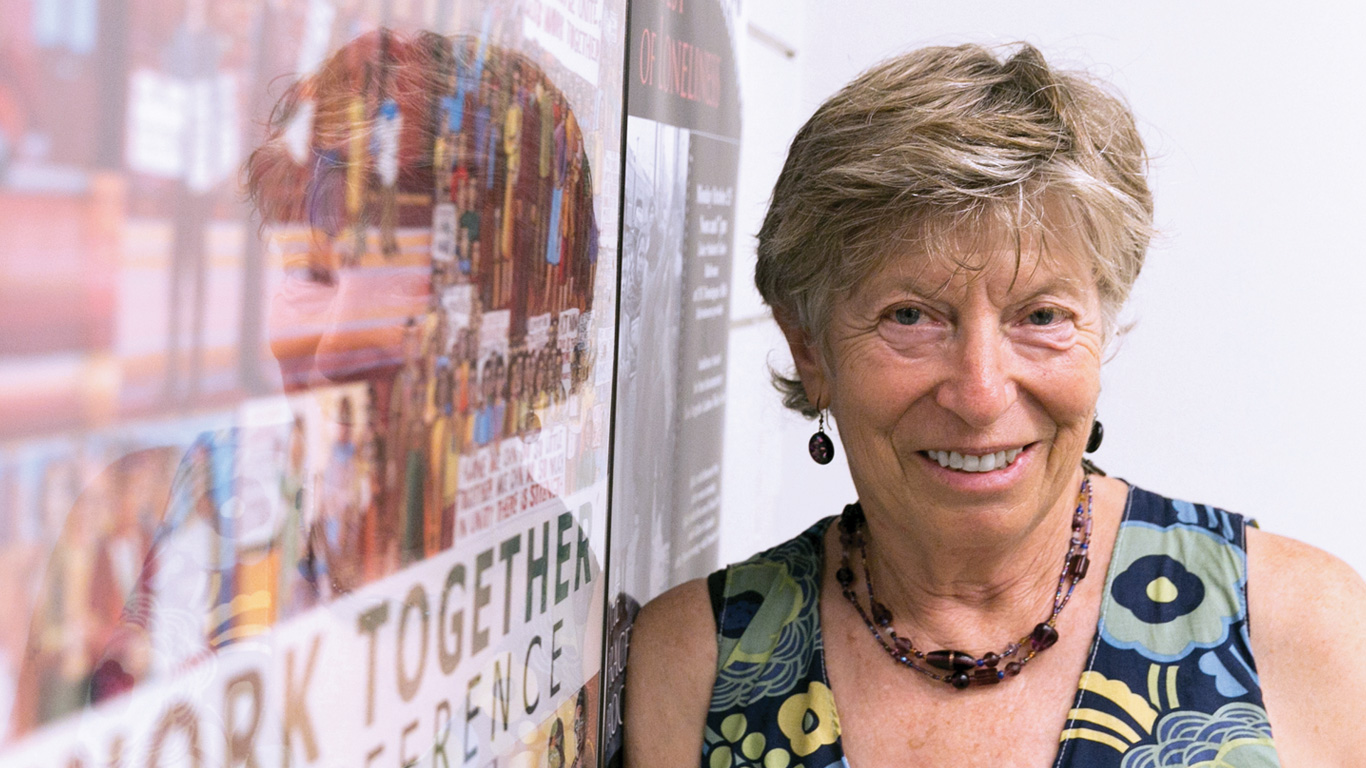
Vivian Price is respected by her peers and admired by her students, many of whom have become active partners in her creative work and causes, from filmmaking and research around equity, race, and gender, to environmental racism and climate change.
Price is a professor of interdisciplinary studies and coordinator of the Labor Studies program at California State University, Dominguez Hills (CSUDH). She has earned the 2020 Excellence in Research, Scholarship and Creative Activity Award. The award acknowledges research, scholarship and creative activities that are essential components of the university’s mission. The honor also recognizes professional activities that provide intellectual stimulation and motivation for student learning.
“I’m overjoyed. I have been fortunate to win a number of grants and awards, and get recognition from my research and creative activities, but this was from a committee of my peers. It’s a special thing when your colleagues look at your work and decide that you should be recognized,” said Price.
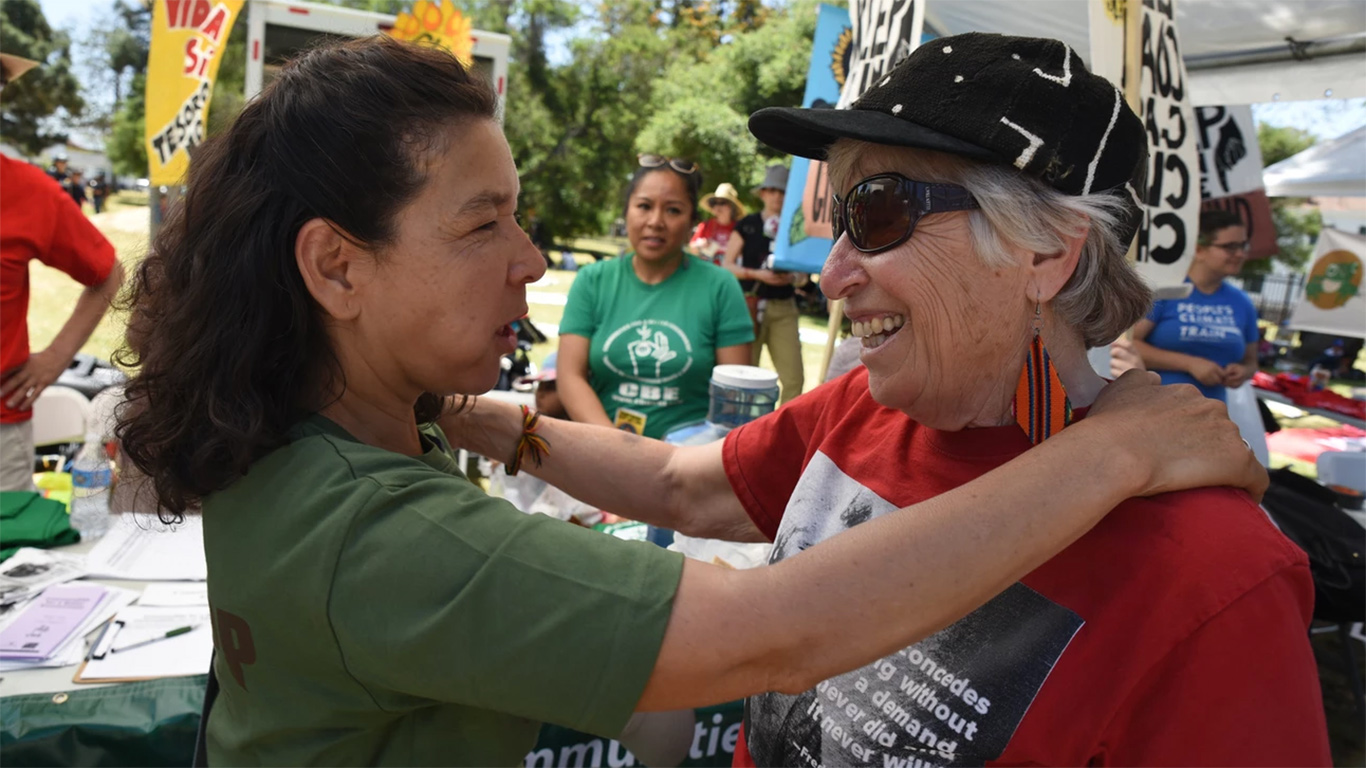
“Without the support of my department and college, I would not have had the opportunity to conduct the research or produce films and creative projects,” she added. “I also want to thank my wife for supporting my projects and offering a working-class perspective.”
When Price arrived at CSUDH she was in the middle of producing the documentary “Transnational Tradeswomen,” a deep dive into the role of women construction workers in Asia. She shot much of the footage herself in India, Singapore, Taiwan, and Thailand, and worked with filmmakers in Japan and Pakistan.
Completed in 2006, the film has screened at film festivals internationally and appeared on Taiwanese television. In 2007 she led the development of the “Tradeswomen Archives,” a collection housed in CSUDH’s Gerth Archives and Special Collections that contains documents and paraphernalia focused on women in non-traditional jobs. Her films and the archive are used by the growing tradeswomen movement.
Her next documentary, 2010’s “Harvest of Loneliness,” was co-directed by Gilbert Gonzalez, professor emeritus of Chicana/o studies at UC Irvine. It focuses on the experiences of workers in the Bracero Program which began in 1942 under the guise of a wartime shortage, when agricultural workers were fighting to unionize.
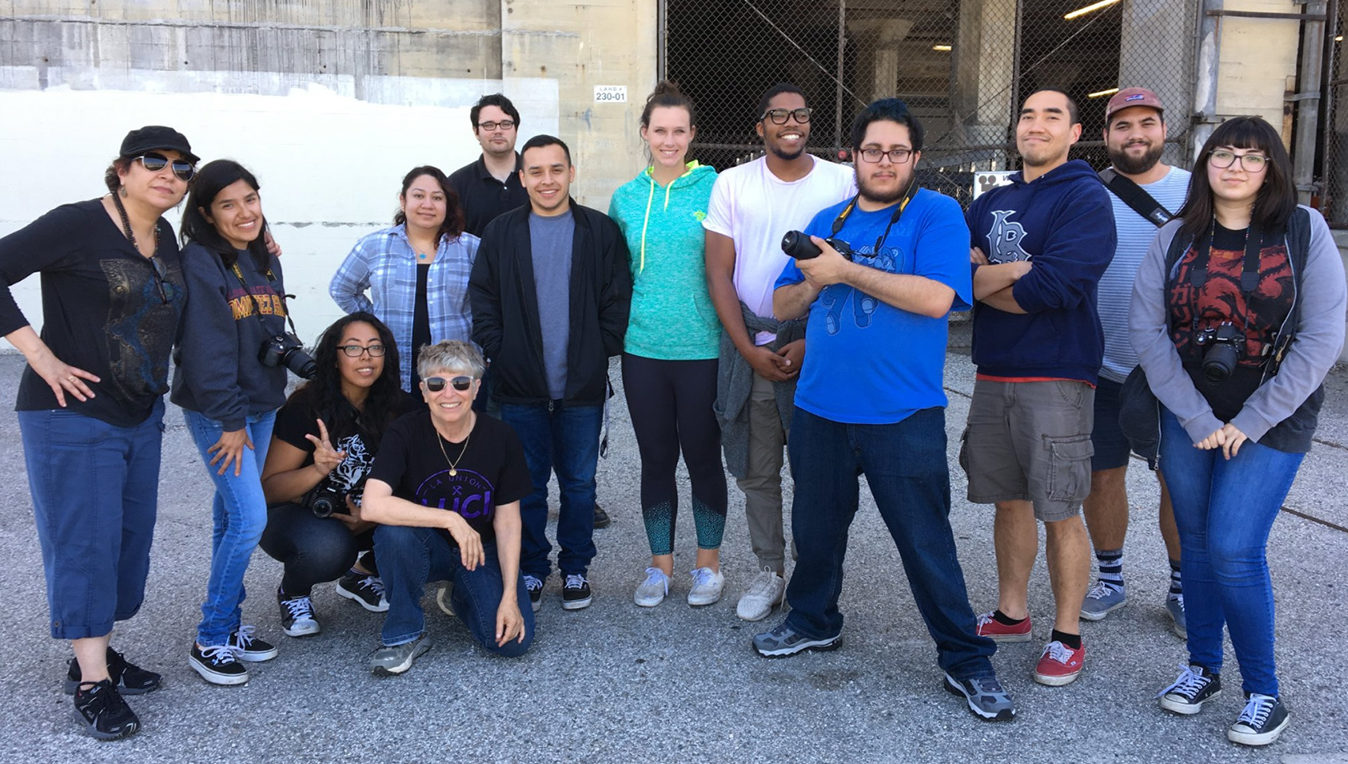
The film was an international success with notable wins at the Cinelatino Audience Choice Awards for“Best Feature and Best Documentary” during the 2010 Los Angeles Latino Film Festival, and the “Best Educational Film Award” at the Amsterdam Film Festival. The documentary aired on PBS in 2013.
“’Harvest of Loneliness’ had a special quality to it, because it resonated with such a large group of people,” said Price. “All of my work and films are about labor, whether it’s construction work in the United States or the global South and women fighting to get a foothold in the industry, or those in other fields who are trying to get the respect, wages, and work conditions they deserve.”
Price is known for her ability to solicit internal and external funding for her work. In 2008, she embarked on the socially-engaged project TANG, Tradeswomen Address the Next Generation, with funding from California Humanities, an arm of the National Endowment for the Humanities. Professor Laura Talamante, who teaches European and women’s history at CSUDH, was selected by Price to introduce youth to oral history through collage.
“TANG trained youth at The Center in Long Beach to interview and videotape women from non-traditional trades like electricians and carpenters said Price. Youth selected quotes from the transcribed interviews that inspired them and chose photos that women gave them from their work and life,” Price explained. A parent/artist worked with the youth to create six large posters of the tradeswomen. In 2010, six large posters from the project were exhibited at the Bridge Gallery at City Hall in Los Angeles.
Price integrated her filmmaking experience into the development of new curricula focused on student collaboration. In 2008, she used her creative prowess to develop the computer literacy courses Documenting Resistance and Social Documentation, designed to develop her students’ digital storytelling techniques.
“I had the privilege of having Dr. Price as my instructor for a social documentation class in 2015. As a result, we produced a film commemorating the 50th anniversary of the 1965 Watts Rebellion,” said Nancy Dean, who received a certificate in Labor Studies in 2016. “Dr. Price organized meetings with community leaders within the city of Watts to expose students to the past and present realities of life within the neighborhood.” This work contributed to the “Year of Remembering,” an event that reconnected CSUDH to the Watts community,
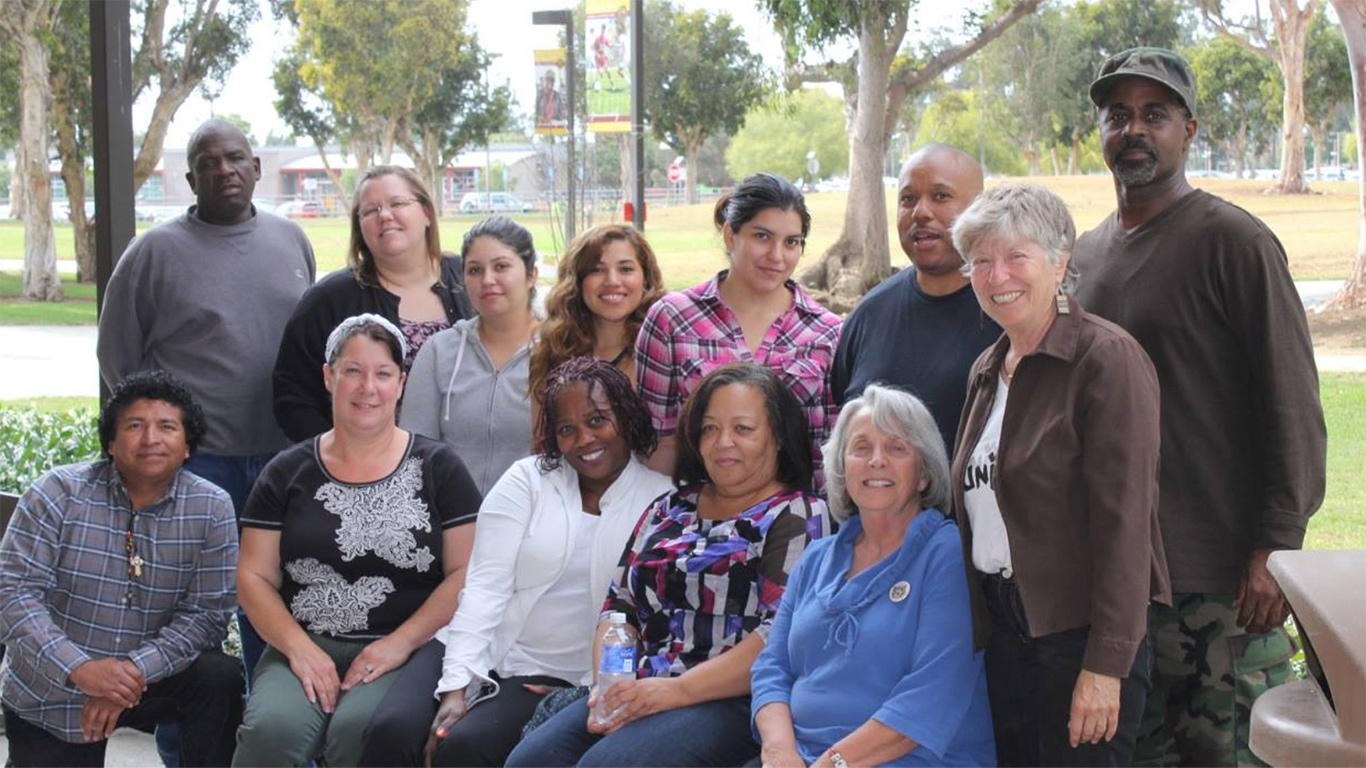
In 2013, Price developed the course Labor and the Environment in conjunction with IDS’ Environmental Studies program and the Labor Studies program to raise consciousness and prepare students for jobs in the field. Her research for the course examined local and international issues around climate change and environmental racism.
“People were beginning to pay attention to how unions were reacting to climate change,” Price said. “Internationally, there was a recognition that labor unions had an important social role to play. In 2015 the labor movement fought for a clause to be included in the Paris Climate Agreement which states that climate change should include a just transition for workers.”
In 2016, Price collaborated with Ellie Zenhari, associate professor of art and design, to document workers’ lives at the Ports of Los Angeles and Long Beach, and in South Bay oil refineries. Funded by CSU Research, Scholarship and Creative Activity grants, they visited workplaces and produced several projects with their students, who showed their work at the Angels Gate Cultural Center in San Pedro.
Through a Fulbright scholarship, Price taught a class on labor and climate change at the University of Liverpool in 2018. Her work in the United Kingdom resulted in an invitation by the United Nations Research Institute on Social Development to participate in the writing of “Mapping Just Transition(s) to a Low-Carbon World,” a report developed for the 24th Conference of the Parties to the United Nations Framework Convention on Climate Change. She also lectured at universities in Germany, the Netherlands, Denmark, and Norway.
Price looks forward to creating more innovative projects and programs with her colleagues and for students. She points out that while she has worked in private institutions, in the University of California system, and for community colleges, “Dominguez Hills is a special place.”
“About eighty percent of our students are from low-income and immigrant communities, and they bring a wealth of community knowledge with them,” she said. “For them, education is highly valued. They’re not just here for the grades, they are here for the opportunities and the respect of learning. That’s what really makes this campus a special place for all of us.”




